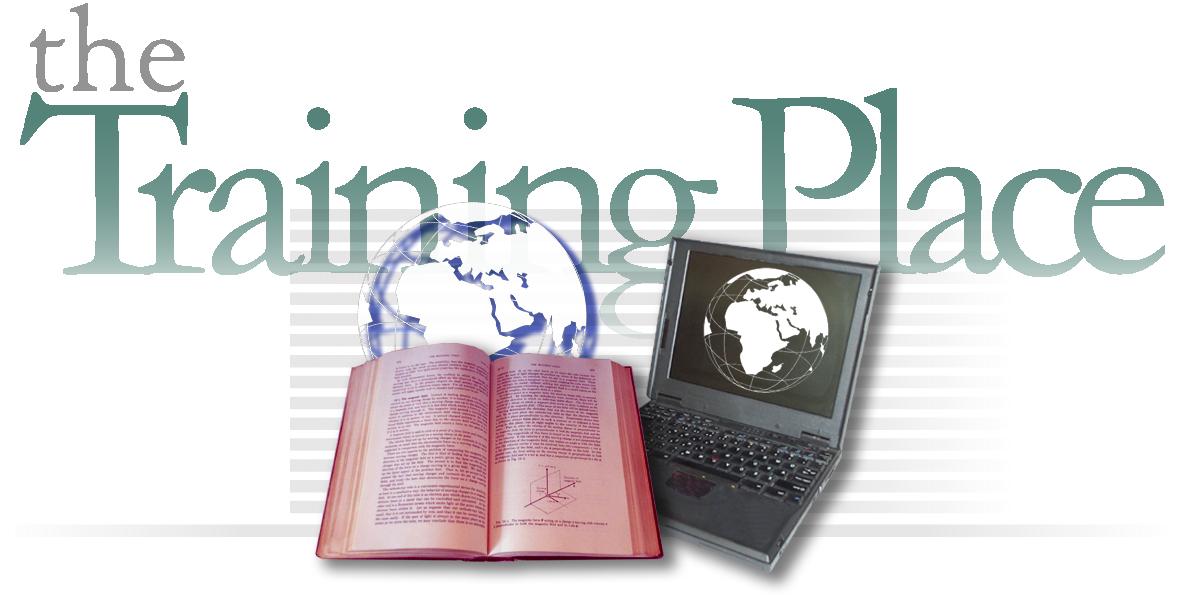
| Company | Products | Services | Home | |
 |
|
|||||||||
Learning
Orientation |
INTRODUCING... DESCRIPTION...
The
intentional Learning Orientation Questionnaire (LOQ) helps businesses, government,
and academia improve achievements, job performance, lifelong learning, retention rates and productivity. It identifies those at-risk
and suggests practical solutions for improvement. The LOQ is a statistically
valid and reliable instrument that measures how learners generally and intentionally approach learning
(e.g., classroom or online learning ability) and performance.
Learning orientations are dispositions to approach, manage, and achieve learning.
The LOQ is a 25-item
online survey that identifies an individual’s
orientation to learn by looking at the dominant
psychological factors that influence intentional learning and performance.
These factors consider the level of the learner's’s
These three interrelated factors are successful learning attributes and describe how intentional learners generally want or intend to approach learning situationally. (See descriptions for Key Intentional Learning Attributes).
It is the understanding about learning orientations that sparks the awareness of how individuals experience learning, solve problems, and develop relationships that support learning differently. Additionally, the learning orientation factors provide a model to guide the design of learning environments and learning solutions--with the goal not only to support learning (i.e., achievement of instructional or performance objectives), but also to help learners improve learning ability (including online learning ability) over time. This model also considers successful learning skills, such as goal setting, problem-solving, progress monitoring, reflection, and task sequencing. Finally, these attributes help identify issues that create gaps between
Frequently Asked Questions about the LOQ!
Read about how others have used the Learning Orientation Questionnaire!
Where can I buy the Learning Orientation Questionnaire?
LEARNING ORIENTATIONS
The
Learning Orientation Questionnaire identifies four
learning orientations. Learners
generally fall along the three construct scales for learning
orientations. Depending on the specific learning
circumstances, a learner may respond to negative or positive responses, conditions,
resources, results, expectations, and experiences. Most
learners will respond with some level of resistance in
negative environments. Upward change into new intentional learning
orientations requires greater effort, more learner
control, and stronger intentions, feelings, and beliefs
about learning.
Click on each Learning Orientation below for more information.
DESIGNING CUSTOMIZED
LEARNING ENVIRONMENTS
To be
effective, learning environments should address the
unique sources for learning differences that influence
success. More specifically, it should emulate the
instructor's experienced, intuitive ability to recognize
and respond to how individuals learn differently. Also,
the environment should creatively foster interest, value,
and more successful, independent learning. An efficient,
economical way to accomplish this challenging task is to
use learning orientations to match individualized
solutions. Below are descriptions for customized learning
environments that fit each of the following three
learning orientations:
Transforming Learners prefer loosely structured, flexible mentoring environments that promote challenging goals, discovery, strategies, problem solving, and self-managed learning.
Performing Learners prefer semi-structured environments that stimulate personal value and provide details, tasks, processes, and creative interaction (hands-on) not exploration and great effort.
Conforming Learners prefer simple, safe, low-learner control, structured environments that help learners achieve comfortable, low-risk learning goals in a linear fashion.
These descriptions support the broad variability in learning from a whole-person perspective, not simply in cognitive terms. They consider how emotions and intentions influence learning. Research shows that a supportive learning environment will clearly have a positive impact on learning success for the majority of learners. To reduce costs, you can create the conforming learning environment as a subset of the performing environment, which in turn is a subset of the transforming environment.
RESEARCH DESCRIPTION
This
research discusses the theoretical foundations for understanding sources
for individual learning differences. Discovery in the
neurosciences in the last ten years have revealed the
extraordinarily complexities of brain activity and
multiple levels of processes interacting dynamically.
These theories highlight more than the cognitive element,
they explore the dominant power of emotions and
intentions on learning and the very human variability of
online learning. This perspective is more robust than
typical, primarily cognitive (thinking) explanations
(such as, learning styles and strategies), because it
discusses the interplay between a more comprehensive set
of key psychological factors.
These theories specifically enhance the instructional design process, differentiate audience needs (both as aggregate types and individually), and provide strategies for developing new solutions (e.g., relationships, tools, content, and environments). They help integrate the sophisticated technology that makes adaptive or personalized learning environments possible and very useful in developing successful online relationships (emulating the instructor-student relationships). The concept of personalizing for customers is certainly not new. But the Web and the sophisticated use of technology powered by learning objects elevate personalization to a new art form. The Web is the perfect environment for precision and predictive learning, because individuals can be uniquely identified, and relevant content, tools, and environments specifically tailored to them.
Want more information about the LOQ? Ask our Sales Team
Want pricing information?
Click here
Frequently Asked Questions about the LOQ!
Review validation studies using the Learning Orientation Questionnaire
...click here
Review other research studies using the Learning Orientation Questionnaire
...click here
Read the Learning Orientation Research Site
...click here
If you are interested in using the Learning Orientation Questionnaire for
research purposes, see:
http://www.trainingplace.com/source/research/loqadmin.htm
Check out our Learner Assessment Center, see:
http://www.trainingplace.com/source/center.htm
Learning Orientation improvement strategies are available at:
LOQ Industry and Academic Applications
Thank you for visiting The Training Place, Inc. -- Last updated: January 2019 Contact . We respect your privacy. Copyright (1997-2019),
The Training Place, Inc. |